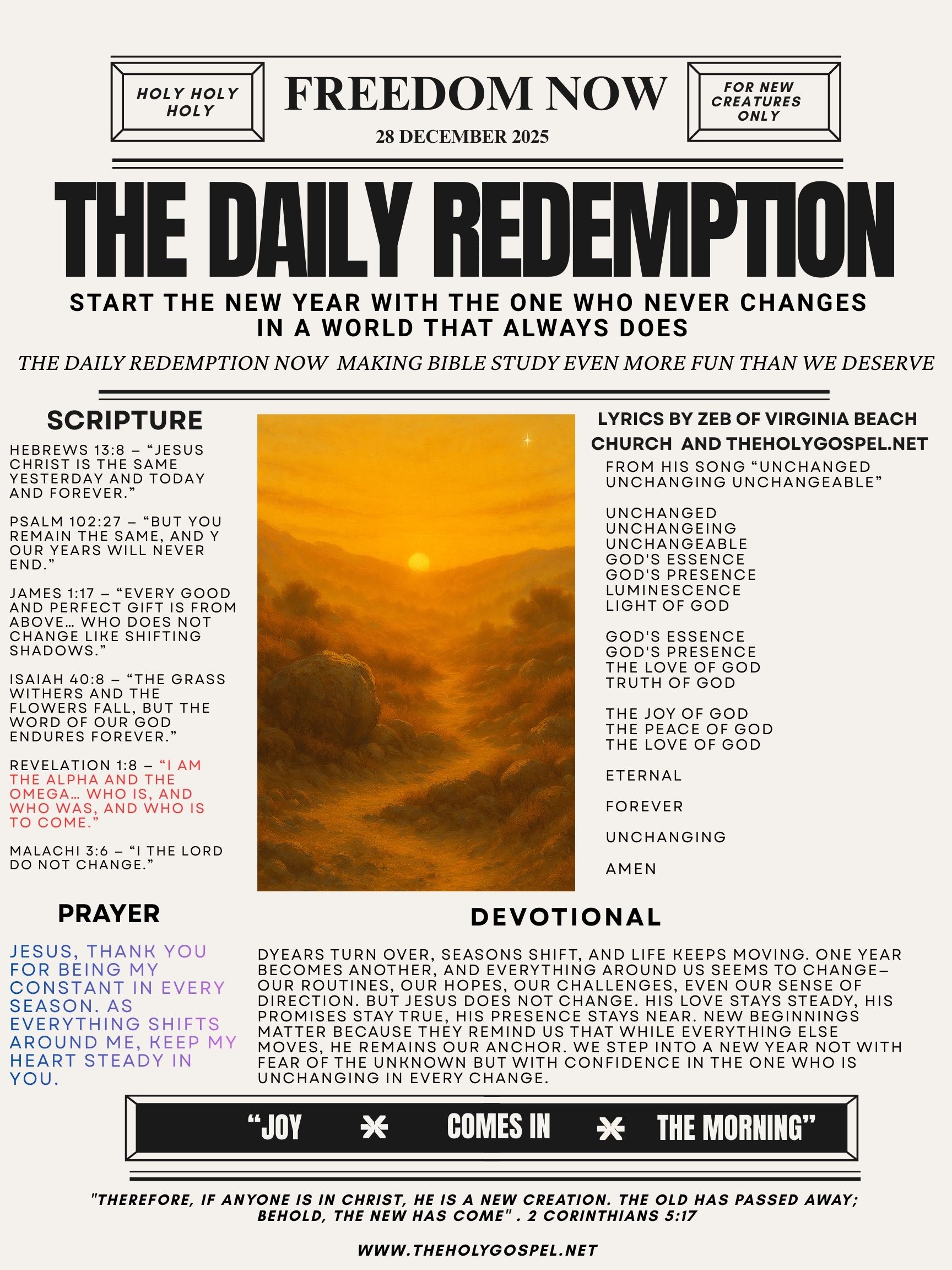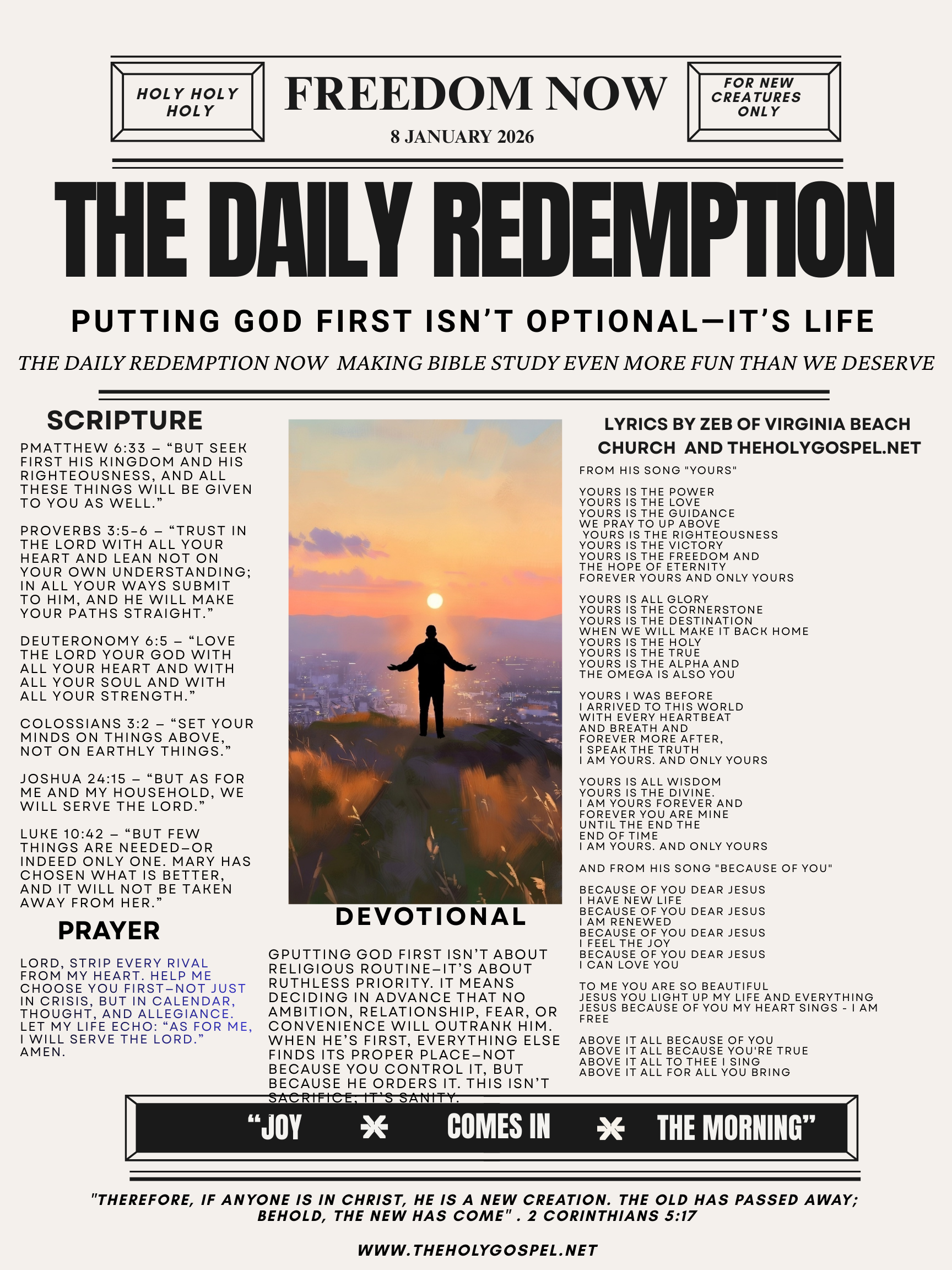Is The Current Format Of Churches With Worship Teams, Multi Media Entertainment Etc, Even Intercessionary Pastors, Biblical?
What is the biblical model for church?
The biblical model for church is one where the body of Christ comes together to worship God in Spirit and in Truth. In this type of church, there is no need for music or entertainment, as the focus is on God and His Word. This type of church also believes in the power of prayer and intercession, and every member is involved in these ministries.
Worship teams and multi media entertainment
The current format of churches with worship teams, multi media entertainment, etc., is not biblical. In the Old Testament, Israel had a temple with a priesthood that offered sacrifices to God. This was the only place where people could go to worship God. There was no such thing as a worship team or multi media entertainment. The only music that was played in the temple was played by the Levitical musicians. These musicians were not performers; they were there to lead the people in worship.
In the New Testament, we see that Jesus Christ is our ultimate High Priest. He is the one who offers Himself as a sacrifice for our sins. He is also the one who intercedes for us before the Father. When we come to Christ, we are coming to the one who died for us and rose again. We are coming to the one who loves us and gave Himself for us. We don’t need anyone else to intercede for us; we can go directly to God through Christ.
As far as music is concerned, there is no command in Scripture that says we must have professional musicians leading us in worship. Music is meant to be a tool that helps us express our praise and thanksgiving to God. It should never take away from our focus on Christ or become an end in itself.
So, what does the Bible actually say about church format? Unfortunately, not much. The Bible doesn’t give us a lot of specific instructions on how we are supposed to conduct church services. However, there are a few principles that we can glean from Scripture.
First of all, the Bible tells us that corporate (of the “body” of the church) worship should be focused on God, not on entertaining the congregation (John 4:24). This means that our worship services should be designed to glorify God and edify His people, not just entertain them. Secondly, the Bible tells us that corporate worship should be participatory (1 Corinthians 14:26). This means that everyone in the congregation should be actively involved in worship, not just sitting back and passively watching or listening. Lastly, the Bible tells us that corporate worship should be orderly and respectful (1 Corinthians 14:40). This means that we should plan our worship services in a way that is organized and dignified, not chaotic or disorderly.
Are current church formats biblical?
Worship teams are a common fixture in many churches today. However, there is no evidence in the Bible that such teams were ever used in worship. In fact, the idea of having a separate group of people responsible for leading worship seems to go against the biblical concept of every believer being a priest who is able to offer up spiritual sacrifices (1 Peter 2:5).
Multi media entertainment is also something that has become increasingly common in churches. While there is nothing inherently wrong with using technology in worship, it should be used in a way that enhances worship, rather than becoming the focus of it. When technology starts to take over, it can create an environment where people are more focused on being entertained than on truly worshipping God.
Intercessionary pastors
Intercessionary pastors are another church format that has become popular in recent years. Once again, there is no evidence in the Bible that such pastors ever existed. Moreover, the idea of having someone intercede on behalf of others goes against the principle that we are all equal before God and that each one of us has direct access to Him (Hebrews 4:16).
Conclusion
After looking at the current format of churches with worship teams, multi media entertainment, and intercessionary pastors, it can be concluded that these practices are not necessarily against biblical teachings. While there may be some areas where different interpretations or opinions exist in regards to their biblical nature, they are still considered acceptable by most Christian denominations. As long as people acknowledge the need for balance between traditional and contemporary methods of worship, then this format can serve as a valuable tool for connecting people to God.



